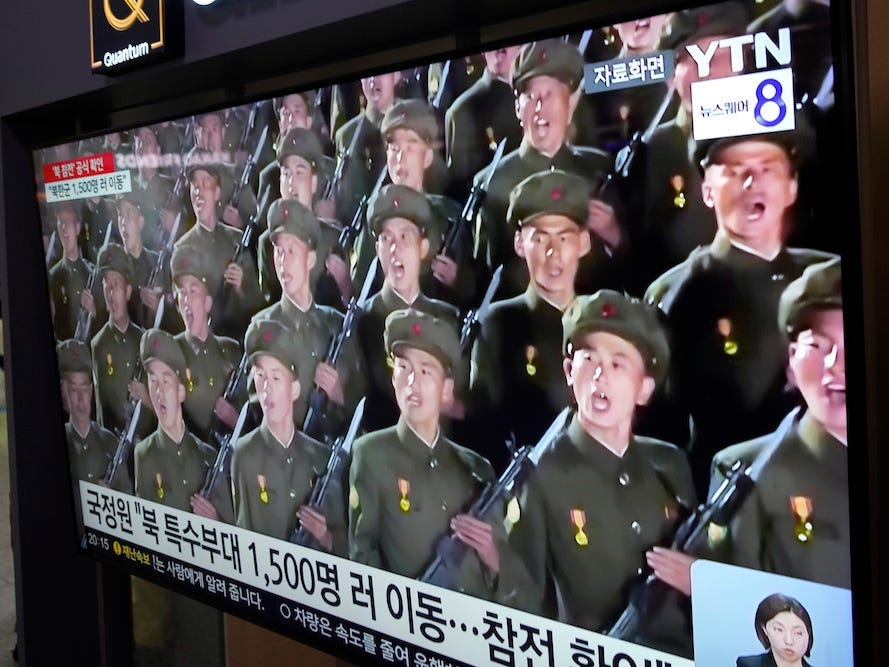Recent reports indicate that North Korean troops have actively engaged in combat alongside Russian forces in Ukraine, drawing significant international attention. Ukrainian officials have noted a small-scale clash that occurred in the Kursk region, where North Korean soldiers were reportedly mixed in with Russian troops. Andrii Kovalenko, the head of Ukraine’s Center for Countering Disinformation, confirmed via Telegram that North Korean troops have come under fire in Kursk Oblast. Ukrainian Defense Minister Rustem Umerov echoed this during an interview, stating that this contest marks North Korea’s official involvement in the war, marking a shift in the conflict dynamics in the region.
The presence of North Korean troops in the conflict raises serious implications for both Ukraine and the broader international community. U.S. Secretary of State Antony Blinken indicated that around 8,000 North Korean soldiers had been relocated to Kursk, expecting their involvement in combat against Ukrainian forces shortly. This arrival comes in the wake of a successful offensive by Ukrainian troops who have retaken substantial territories in Kursk since early August. U.S. Defense Secretary Lloyd Austin also conveyed that these North Korean soldiers, should they engage in combat or provide support, would be considered legitimate military targets for Ukrainian and allied forces.
As concerns about North Korea’s participation escalate, U.S. military officials have begun to investigate the situation further. Major General Pat Ryder, representing the U.S. Air Force, stated that the Pentagon is closely monitoring reports of North Korean soldiers’ involvement in the conflict. Recent intelligence pointed out that an additional contingent of approximately 1,500 North Korean troops had been sent for training within Russia, indicating that both nations are committed to strengthening their military collaboration.
The partnership between North Korea and Russia appears to be largely strategic, benefiting both sides in various ways. While Russia is in dire need of additional troops to sustain its military efforts in Ukraine, North Korea likely sees this alliance as an opportunity to enhance its economic stance while acquiring advanced military capabilities through its relationship with Moscow. The transfer of military equipment, including mortars, rifles, and machine guns to North Korean forces, underscores the increasing depth of their military cooperation.
In the wake of these developments, analysts have begun to assess the broader implications of North Korea’s involvement in the conflict. The reinforcement of ties between Moscow and Pyongyang has been evident since the escalation of the conflict in Ukraine in February 2022. As the war continues, the introduction of North Korean troops may further complicate the already intricate geopolitical scenario in Eastern Europe, especially if their presence leads to escalated hostilities or results in a marked shift in battlefield dynamics.
Overall, the reported engagement of North Korean troops in the conflict not only signals an intensification of military operations on the ground but also highlights the ever-evolving alliances that are shaping the global landscape. As both Ukraine and its allies navigate this new chapter in the war, the response to North Korea’s participation could have significant ramifications for regional security, as well as international relations as a whole. The conflict is likely to remain in the spotlight as the situation develops, with all eyes on how Ukraine and its supporters address this emerging threat.

